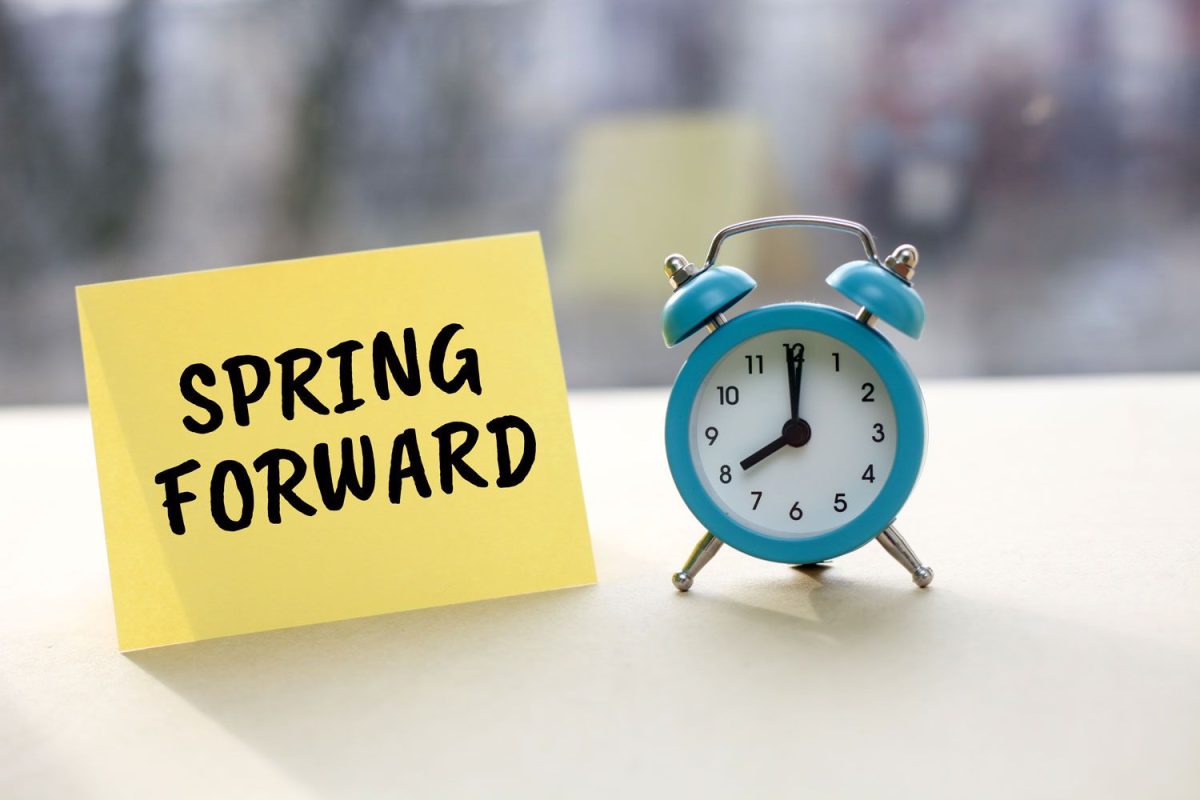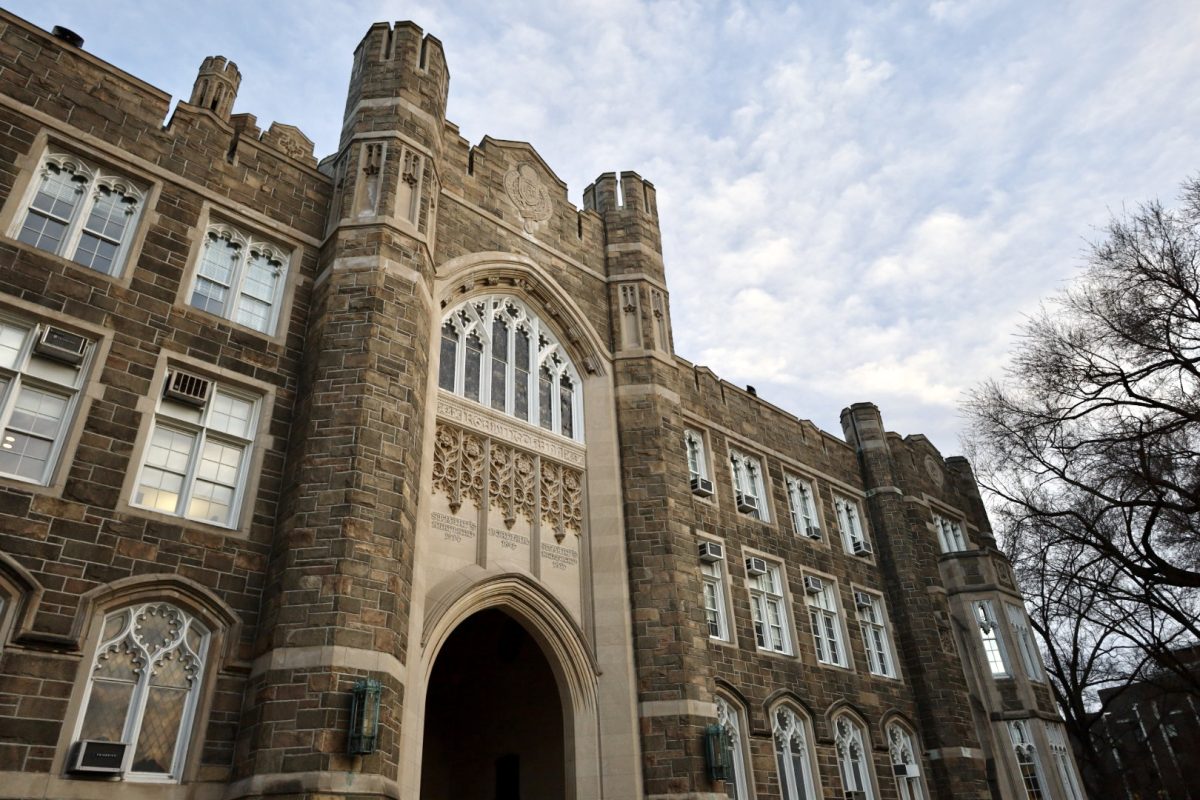Two weeks ago on Sunday, March 10 at 2 a.m., clocks sprung one hour forward, causing us to lose an hour of sleep but gain an hour of daylight in the evening. This time change marks the beginning of the end of the winter season as the days become lighter in the evening. Daylight saving time can be a shock at first; I know it is for me. When I left my class that ended at 6:45 p.m., I was immediately confused by the fact that the sun had not begun to set, because it has always been pitch black outside when I leave the building. Although the brighter evenings are a gift, many of us are fighting grogginess and the urge to slam the snooze button on our waking alarms. As much as I love the concept of daylight saving time, I find myself struggling especially during the start of daylight saving time. How can we combat the hour of sleep taken from us and begin to enjoy the sun’s later sunset?
To fight the grogginess of the daylight saving time change, The New York Times suggests that people stay well rested, eat well, consume caffeine and wake up and eat a little bit earlier than normal to help adjust the body to this biannual time change.
I love daylight saving time. The sun’s time of setting fits so perfectly with the seasons. The sun sets early in the fall and winter, just like on a dark car ride home from your grandparents’ house on Christmas night, your car full of presents and your stomach full of cookies. Or, in the spring and summer, the sun sets late, reminiscent of days you’d spend running around your neighborhood until sunset as the fireflies begin to pulse their glow, and you go inside with grass-stained knees, rushing to down a cup of crisply cold water.
I remember my dad told me last year that the U.S. Senate was trying to get rid of daylight saving time. I was dejected, as the nostalgia associated with the time change is dear to me. But as a college student with a complicated sleep schedule, I find daylight saving time to be more difficult. I’m fighting the urge to nod off during a lecture, bouncing my leg up and down — fearful that if I go still, my head will slump. Although I’m having trouble both falling asleep and waking up, daylight saving time still has a place in my heart, as I believe that its aesthetics are worth the week it takes my body to adjust.
Many U.S. states and territories do not observe daylight saving time, such as Arizona (with the exception of the Navajo Nation), Hawaii, American Samoa, Guam, Northern Mariana Islands, Puerto Rico and the U.S. Virgin Islands. Arizona does not observe daylight saving time because of “the hotter temperatures and desert climate.” With daylight saving time, the sunset is an hour later, keeping people outside later at night, specifically during the hot months. Energy costs also rise because “the longer the sun was up at night when everyone was home, the more energy households would use during the hot summers.” This is a factor that people on the East Coast may not think about and consider due to our own ignorance of how a different climate may affect the logistics of a time change.
Daylight saving time has been a legal requirement since 1966 with the Uniform Time Act. Under this act, “states can exempt themselves from daylight saving time by observing permanent standard time year-round, but they cannot observe permanent daylight saving time all year.” Additionally, states “also cannot independently change time zones or the length of daylight saving time, which is determined by the federal government.” A bill for states to be able to independently change the length of daylight saving time would be beneficial for certain U.S. states whose circumstances are not enviable. This will allow people living in certain states to conserve safety, energy and money at all times of the year. I believe these safety and economic factors are valid reasons for opting out of daylight saving time. For states where temperature is not as much of an issue for the safety of its inhabitants, daylight saving time is a great way to differentiate the seasons and allow us to enjoy the outdoors of the summer days, and then stay inside during the cold of the winter.









































































































































































































Kim Hurst • Jun 24, 2024 at 5:25 am
I hate the time change, my employer, Walmart , will not let us leave work at 7 A.M. They have to get the hour that is lost back and I always put in for the night off, if not, I will call in. My son has to be at work for 7:30 A.M, so that would make him late. I am tired of the lost sleep and don’t care if I see daylight, I am a 3rd shifter. Why can’t they repeal time saving? It messes with your sleep and I have a hard enough time functioning and it messes up my routine. Get your heads straight and make daylight savings time a thing of the past.